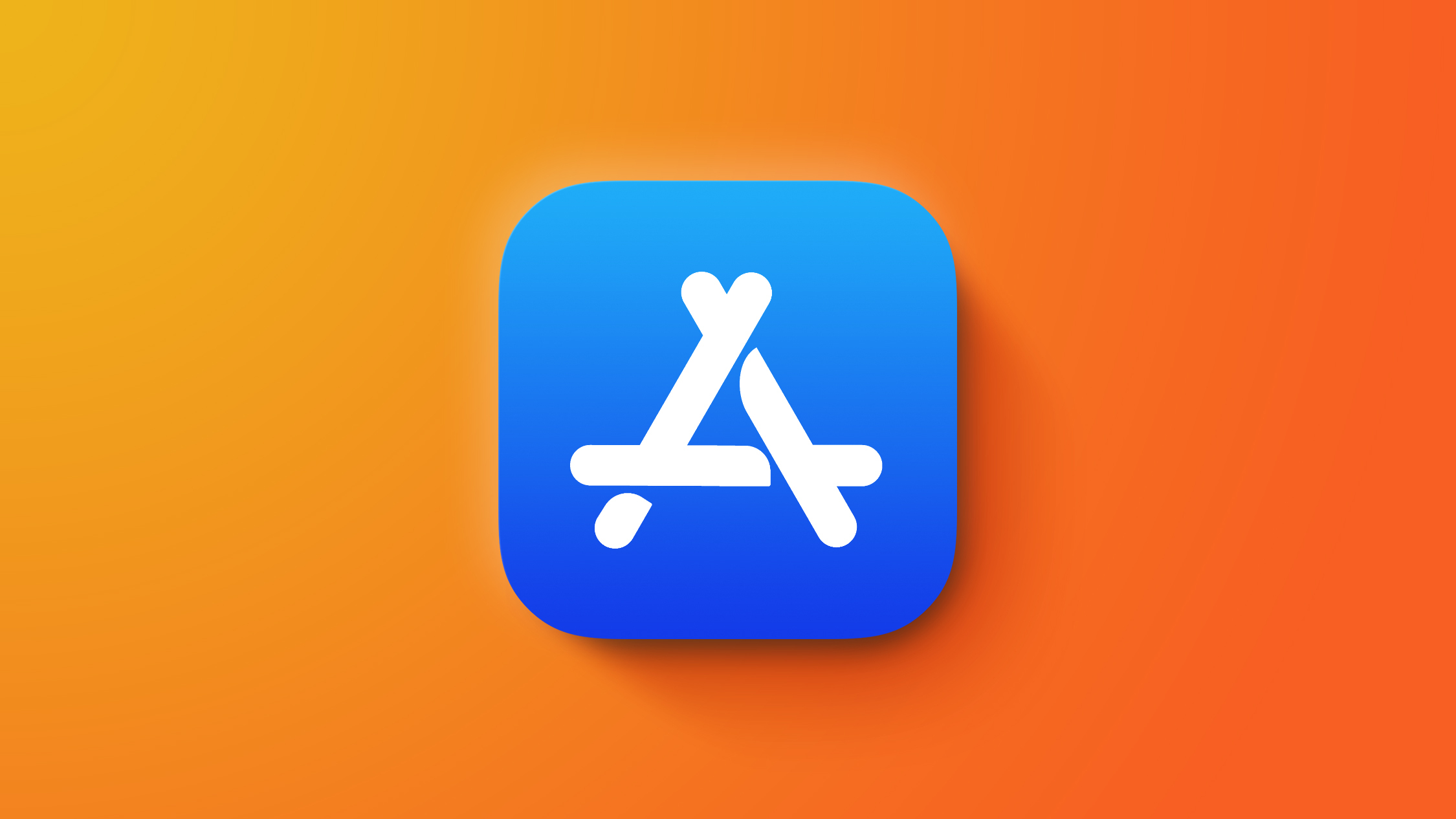Lmao, some apps just converted one-time price to annual subscription price of the same amount. No wonder they failed.
Most mobile apps with subscriptions do not make money, a new in-depth analysis finds.

The "State of Subscription Apps" report comes from RevenueCat (via TechCrunch), a prominent mobile subscription toolkit provider. With nearly 30,000 apps utilizing its platform for monetization management, RevenueCat is able to provide a reliable overview of the subscription app landscape thanks to its data collection capabilities. The analysis delves into data from over 29,000 apps and 18,000 developers, collectively responsible for more than $6.7 billion in revenue and over 290 million subscribers.
RevenueCat found that while the top-performing 5% of subscription apps amass revenue 200 times greater than those in the bottom quartile, the median monthly revenue for apps after one year is less than $50. Only 17.2% of apps cross the $1,000 monthly revenue mark. Reaching this milestone significantly boosts the likelihood of further financial growth, with 59% of these apps progressing to achieve $2,500 in monthly revenue, and 60% of those reaching the $5,000 mark. A mere 3.5% of apps achieve $10,000 in monthly revenue.
Health and fitness apps generate at least twice the revenue of all other categories combined, both in the bottom quartile and among the top 5% of earners. In contrast, travel and productivity apps face the most significant challenges, with even the top performers in these categories struggling to make over $1,000 per month after a year on the market.
Despite these statistics, the subscription app market continues to grow and the average price for monthly subscriptions has increased by 14% from $7.05 to $8.01. However, the report also noted a recent shift in consumer behavior, with a 14% drop in subscriber retention over 12 months.
Article Link: Report: Most Subscription-Based Apps Do Not Make Money
Last edited:


